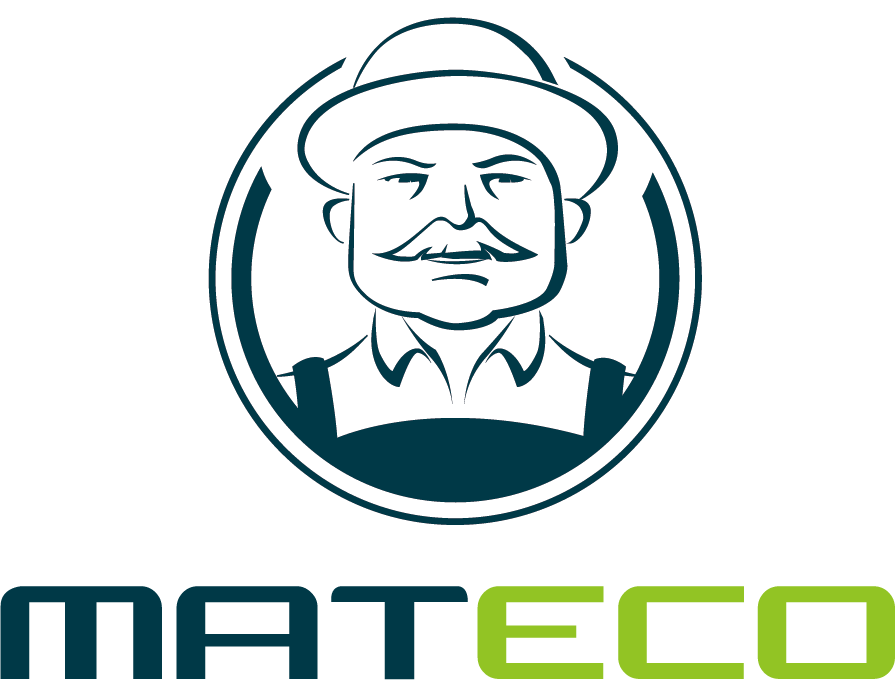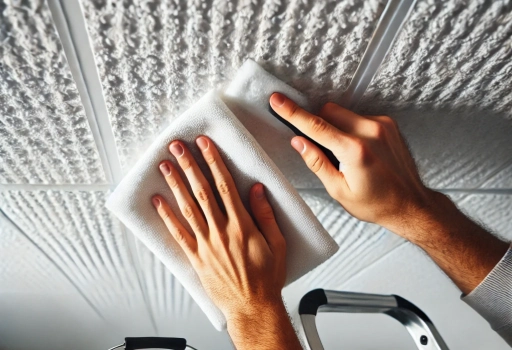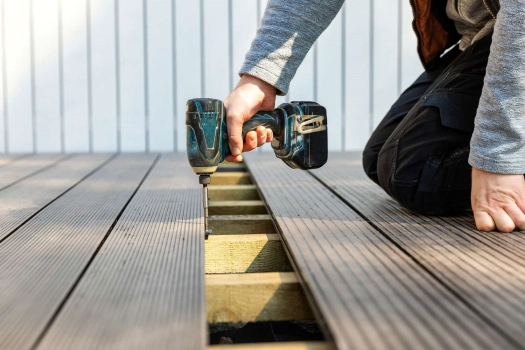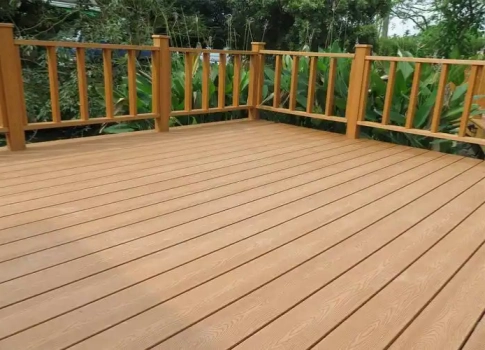What Is Composite Board?
In the evolving landscape of construction and design, Wood Plastic Composite (WPC) is emerging as a game changer. As a leading player in the WPC industry, we're excited to dive deep into one of our key products: Composite Board. This article aims to demystify what composite board is and explore its myriad benefits.
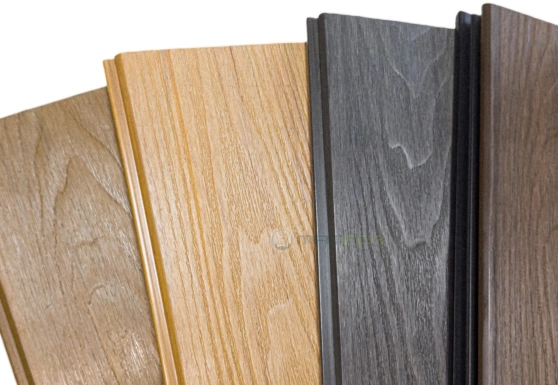
What is Composite Board?
1) Definition and Composition
Composite board siding is an innovative material that combines the best attributes of wood and plastic. It's crafted from wood fibers, recycled plastics, and bonding agents, creating a robust material that stands up to the elements far better than traditional wood.
2) Manufacturing Process
The manufacturing of composite boards is a fascinating blend of science and technology. Wood fibers are mixed with plastic pellets and a bonding agent. This mixture is then heated, formed into board shapes, and cooled to create a solid, durable material.
3) Types of Composite Boards
There are various types of composite boards, each offering unique characteristics:
Polyethylene (PE) based composites are known for their flexibility and are widely used in decking.
Polyvinyl Chloride (PVC) composites are known for their rigidity and are often used in construction.
Polypropylene (PP) composites strike a balance between rigidity and flexibility and are used in various applications.
4) Comparison with Traditional Materials
Unlike traditional materials like wood, composite boards siding are resistant to rot, decay, and insect damage. They don't warp or splinter, offering a longer lifespan with less maintenance.
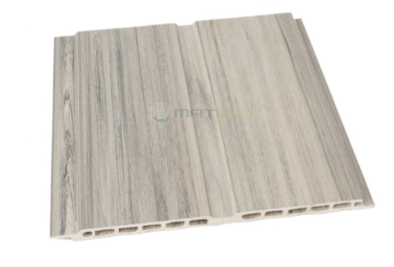
Benefits of Composite Board
1) Durability and Longevity
Composite boards are incredibly durable. They resist the usual wear and tear that destroys conventional wood, making them a long-lasting option for any project.
2) Low Maintenance
One of the biggest draws of composite board siding is its low maintenance. It doesn't require the regular painting, staining, or sealing that wood does. A simple cleaning routine is enough to keep it looking new.
3) Aesthetic Flexibility
With a range of colors and textures, composite boards offer aesthetic flexibility that can mimic natural wood or offer entirely unique finishes. This makes them ideal for a variety of design styles. For example, white composite boards, with their crisp, clean aesthetic, have become a popular choice in a variety of applications, proving to be more than just a stylish choice but also a practical one.
4) Environmental Benefits
Our composite boards sheet are eco-friendly, made from recycled materials and are themselves recyclable. This reduces the environmental impact compared to using virgin wood or non-recyclable materials.
5) Cost-Effectiveness
While the upfront cost might be higher than traditional wood, the long-term savings in maintenance and replacement costs make composite boards a cost-effective solution for many projects.
6) Application Versatility
From decking to cladding, and even fencing, composite boards are versatile in application. Their durability and aesthetic appeal make them suitable for a wide range of architectural and design projects.
Conclusion
Composite boards represent the future of building materials - a blend of sustainability, durability, and aesthetic appeal. As the construction industry evolves, these boards are set to play a pivotal role in shaping modern architectural designs.
If you are looking for a WPC manufacturer, MATECO will be your best choice.
Website: https://www.matecowpc.com
WhatsApp: +86-13380085620
Email: info@matecowpc.com
